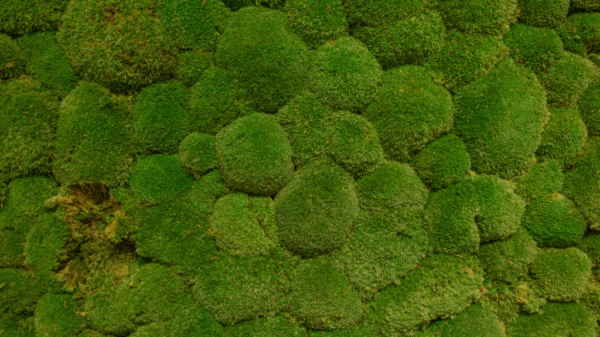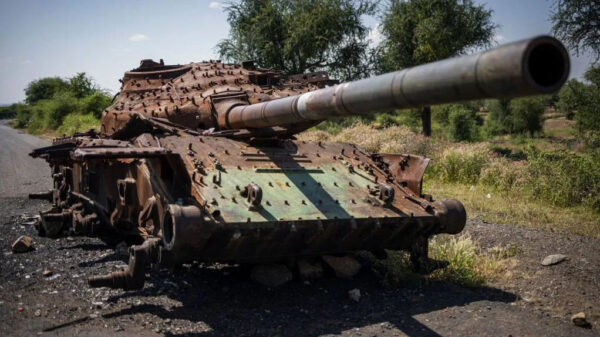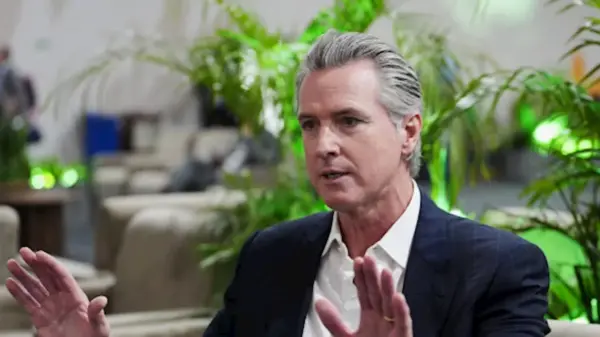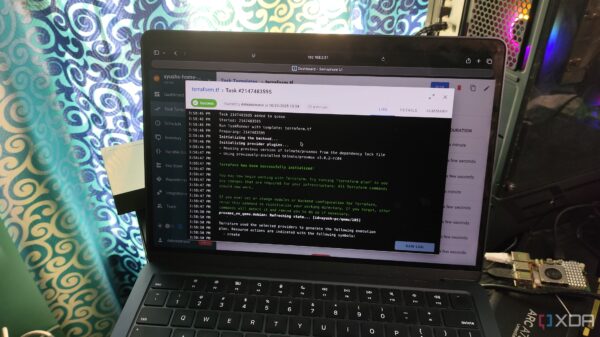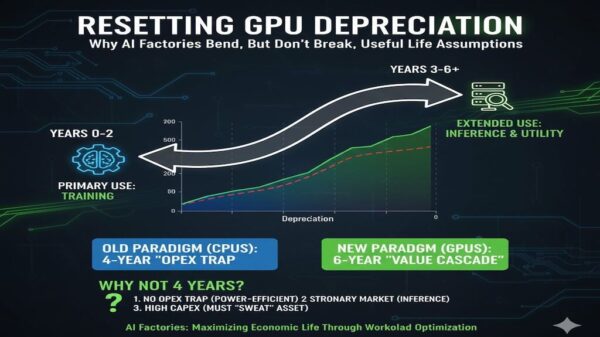BREAKING: Groundbreaking research reveals that moss has successfully survived for a full year in the harsh conditions outside the International Space Station (ISS). A species known as Physcomitrium patens has defied expectations, demonstrating remarkable resilience in the cold, airless vacuum of space.
Published in the journal iScience, the studies confirm that over 80 percent of moss spores returned to Earth alive after enduring the unforgiving elements of space. Astoundingly, nearly 90 percent of these spores continued to germinate, showcasing the plant’s incredible adaptability.
Researchers initially worried that the extreme conditions of space would be too harsh for any living organism. Most life forms cannot withstand the extreme cold and radiation found beyond Earth’s atmosphere. However, the moss not only survived but thrived, highlighting a potential breakthrough for future space exploration.
According to lead author Tomomichi Fujita, moss spores possess a unique protective casing evolved around 450 million years ago, which has equipped them to endure temperatures ranging from -320°F to 131°F along with intense UV radiation and cosmic rays. This natural armor has proven effective in creating a resilient organism that can withstand the brutal conditions of space.
Fujita suggests that moss could potentially last up to 15 years in space, a finding that opens up exciting possibilities for extraterrestrial agriculture. The prospect of utilizing moss to establish sustainable farms or ecosystems on the Moon or Mars is no longer a distant dream but a tangible goal.
As scientists aim to understand more about this extraordinary resilience, the implications extend beyond simple survival. Harnessing the power of moss could play a crucial role in future off-world colonies, allowing humanity to terraform other planets in a bid to expand our reach into the cosmos.
This remarkable achievement not only showcases the strength of moss but also emphasizes the potential for life in the most extreme environments. As researchers continue to explore the universe, understanding the capabilities of organisms like moss may serve as a cornerstone for interplanetary colonization efforts.
Stay tuned for further updates as scientists delve deeper into the implications of this incredible discovery. The future of space farming may be closer than we think!



